Water rights are an important part of any real property with rights in Idaho. They are not insured by a standard title insurance policy, so it’s important that you have an understanding of your property’s rights. I am not going to focus too much on how to obtain a water right, (it’s a complex process) but rather a general scope of the types, and uses for these rights. To start, I will describe what a water right is.
A water right is basically a “right” to divert water for a beneficial use, such as irrigation, domestic, or commercial use. The diversion is what is used to obtain the water, in the form of a head gate and ditch, well, irrigation pump, etc.
Next, the types of water rights, there are 2 main types – Surface rights, and Ground rights. Surface rights are the rights we see, such as ditches, diversions from creeks, runoffs, springs, and so on. Irrigation ditches carry water for the benefit of the rights owner. Ground water rights are not naturally present at the surface of the ground. Ground rights include drilled wells. Irrigation wells are currently under a moratorium in some areas of the state, in those areas, only rights dating back prior to the moratorium exist. This is because the ground rights users were using the available water for the end users with senior rights. If you do not have Ground rights, however, you can still have a well such as a domestic or culinary well, limited to 13,000 gallons per day and .5 acres of yard irrigation. Other noteworthy “types” would be water you receive from an irrigation district or utility company, and stock water use, Cattle/stock owners are not restricted on use of existing streams on their land for stock water purposes. You should also know that Idaho does not recognize riparian rights, in which the owner of and has the right to make reasonable use of the water under or on their land. Waters in Idaho are considered public waters.
Dates, appropriation, and how rights are established are an important aspect of the above rights. Idaho’s rights to use water when there is a shortage is determined by priority dates, or when the right was established. Prior to 1971, a user could simply divert surface water, and apply it to a beneficial use. These rights must have documentation of when they were first used, which determines their priority date. Ground water could be obtained the same way prior to 1963. These rights are called “beneficial” or “historic” use rights. These rights have now been recorded with the Idaho Department of Water Resources, or IDWR. Rights are now established by an application/permit/license procedure with the IDWR, and that process is contingent on available water and approval.
You can research whether or not you own water rights (water rights in Idaho are privately owned and are considered real property rights, much like property rights in land) with the IDWR, and their interactive website. There are 4 regional offices (N, E, S & Western) all of Teton County is in the Eastern Regional Office. Remember that if you receive your water from an irrigation district or utility, that right will be owned by, and listed under that “company” or owner.
***Source: Idaho Department of Water Resources
